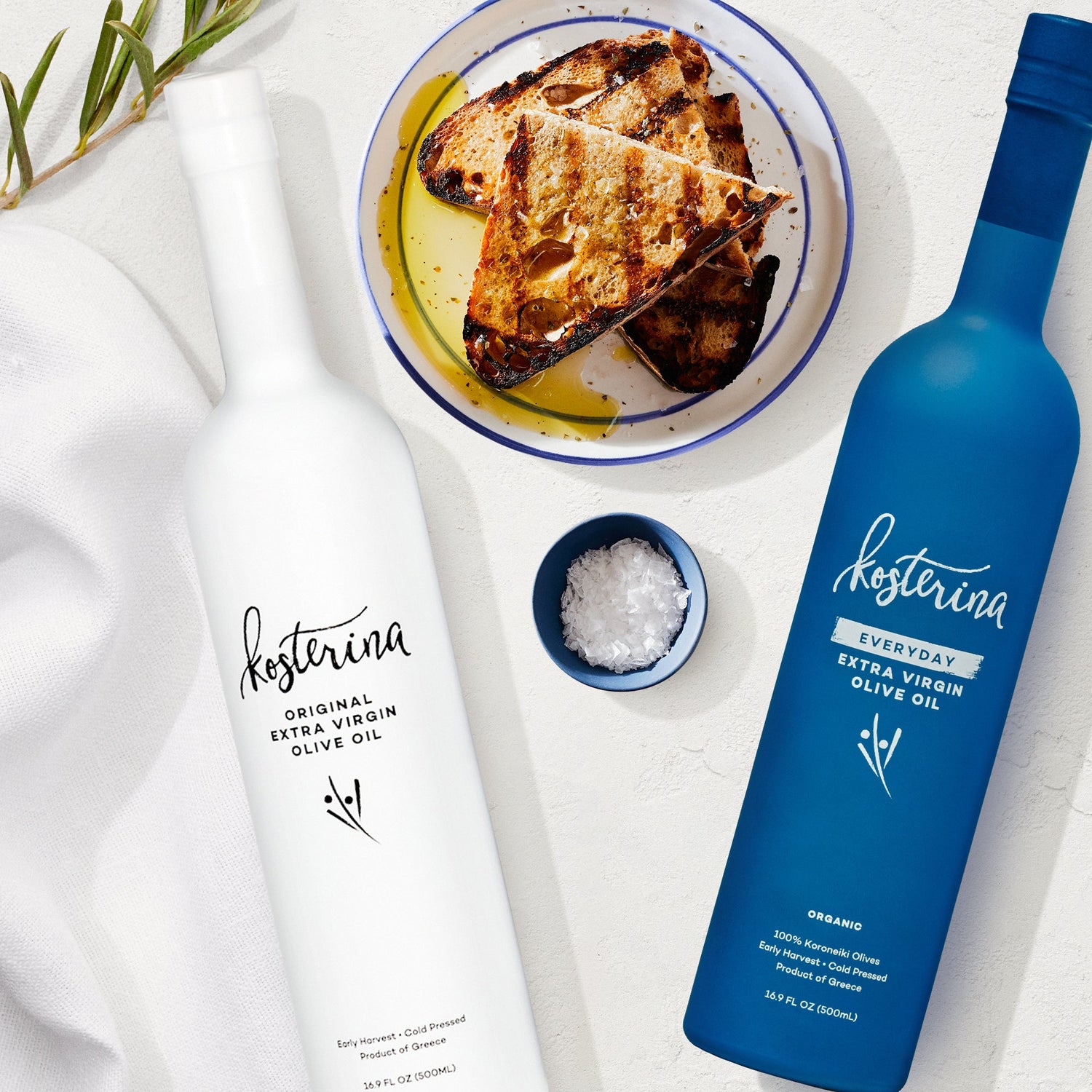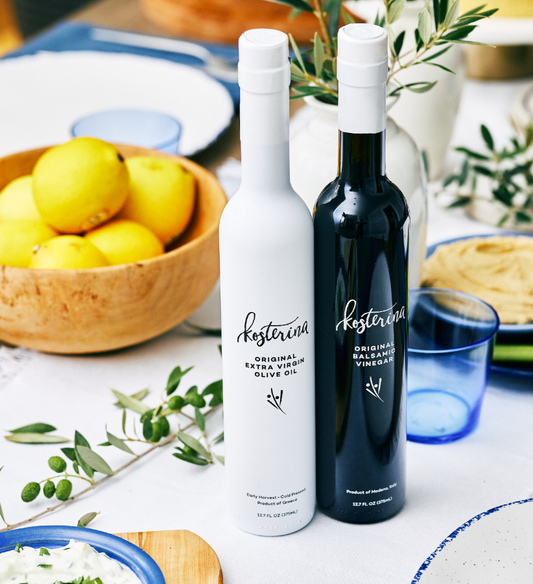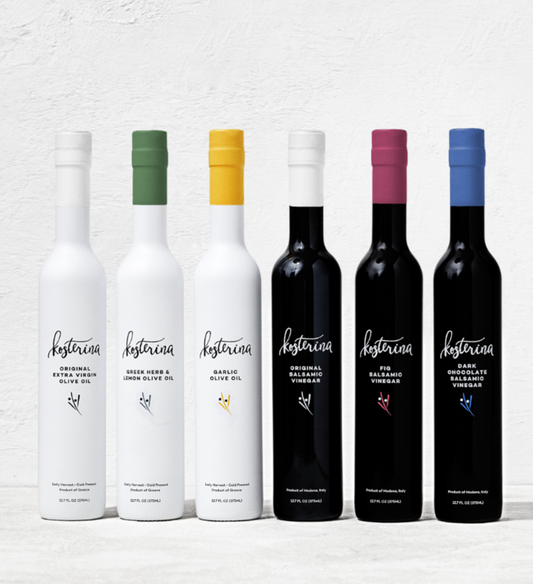You eat clean, you move your body, you prioritize your sleep (go you!) - and you probably take a daily vitamin or supplement, too. But here’s the million-dollar question: is your body actually absorbing those nutrients?
That’s where the concept of bioavailability comes in, and it’s a total game-changer in how we think about supplements.
What is Bioavailability?
Put simply, bioavailability is how well your body can absorb and actually use the nutrients you take in. A vitamin isn’t helpful if it never makes it into your bloodstream and your cells.
And here’s the twist: bioavailability can vary wildly depending on what you eat, how and when you take your supplements, and even the quality of the supplement itself.
Why Food Matters for Vitamins
Here’s where the food-science magic comes in:
- Fat-soluble vitamins (A, D, E, K) These vitamins can’t dissolve in water, so they hitch a ride with fat to get absorbed. Without healthy fats, much of the dose slips right through your system unused. Pair them with avocado, nuts, or a drizzle of Kosterina EVOO to make sure your body actually locks them in.
- Vitamin C and Iron Vitamin C doesn’t need fat, but it does boost the absorption of non-heme iron. Squeezing lemon over spinach or adding citrus to a lentil salad is where the magic happens, and as Tally Health notes: “Taking vitamin C with food can ease absorption and may help enhance iron uptake, especially from plant-based meals.”
- B vitamins (B1, B2, B3, B6, B12, folate, biotin) Often called the “energy vitamins,” B’s help turn carbs, proteins, and fats into fuel for your cells. While they’re water-soluble, your body still absorbs them best with food. Let’s dive in deeper...
- Digestion boost: Eating stimulates stomach acid and enzymes that help break down and transport B’s into your bloodstream.
- Macro synergy: Since B’s are co-factors in metabolizing carbs, fats, and protein, they’re most effective when those nutrients are present.
- Gentler on the gut: A meal prevents the nausea some people feel from B-complex supplements.
- Bottom line: Take your B’s with a balanced meal or hearty snack for better absorption and steadier energy.
- Niacinamide & Nutrient Synergy. Niacinamide (a flush-free form of vitamin B₃) is water-soluble - but pairing it with the right foods can still boost its effectiveness. As Tally Health explains: “Niacinamide is water-soluble and doesn’t require fat for absorption, but taking it with food, especially meals containing tryptophan-rich foods such as nuts, seeds, beans, and chicken, may further support NAD⁺ levels.”
- This shows how even water-soluble supplements can benefit from thoughtful pairing to power up bioavailability.
- The Rise of NAD⁺ - NAD⁺ isn’t just another nutrient - it’s central to energy metabolism, DNA repair, mitochondrial function, and healthy aging. No wonder it’s one of the most talked-about molecules in wellness today. And timing matters too: since NAD⁺ levels can naturally rise and fall with your circadian rhythm, experts suggest taking precursors like niacinamide in the morning to align with your body’s daily energy cycle.
Translation? Taking vitamins on an empty stomach can mean wasted efficacy. You’re literally flushing away benefits if you skip the meal.
Why the Source of Your Vitamins Matters
Not all supplements are created equal. Some use low-quality ingredients, cheap fillers, or nutrient forms that aren’t easily absorbed by your body.
That’s why sourcing matters. Companies like Tally Health emphasize transparency, clean ingredients, and highly bioavailable forms of vitamins—because your body deserves the good stuff.
Think of it like extra virgin olive oil: you wouldn’t cook with low-quality oil that’s been overly processed, so why settle for low-quality supplements?
Smarter Habits for Better Bioavailability
Optimizing bioavailability doesn’t have to be complicated. A few small tweaks can help you actually get the benefits you’re paying for:
- Take fat-soluble vitamins with healthy fats → EVOO, nuts, avocado toast.
- Pair vitamin C with iron → add lemon to your lentils or citrus to your spinach salad.
- Wellness Insider Tip: The human body can’t hold on to much vitamin C, so it’s important to replenish it consistently to keep levels steady—particularly when you’re dealing with stress, fighting off illness, or as you get older. As Tally Health advises:Take in the morning, take with meals, and split doses (for steady blood levels).
- Time your supplements with meals → morning smoothie or balanced dinner.
- Choose clean, transparent brands → skip fillers, look for forms your body recognizes.
When you line up your vitamins with the right foods, they don’t just pass through - they power through.
The Uptake
Supplements are meant to support your health, not sneak through your system unnoticed. Understanding bioavailability helps you maximize every capsule, powder, or gummy you take.
So next time you grab your daily vitamins, remember: a little food synergy goes a long way. Pair your supplements with a nourishing snack or meal, source them wisely, and let your wellness routine actually work for you.
Because the only thing better than taking your vitamins… is actually feeling the difference.
Peace, Love & EVOO,
Katina and the Kosterina Team








